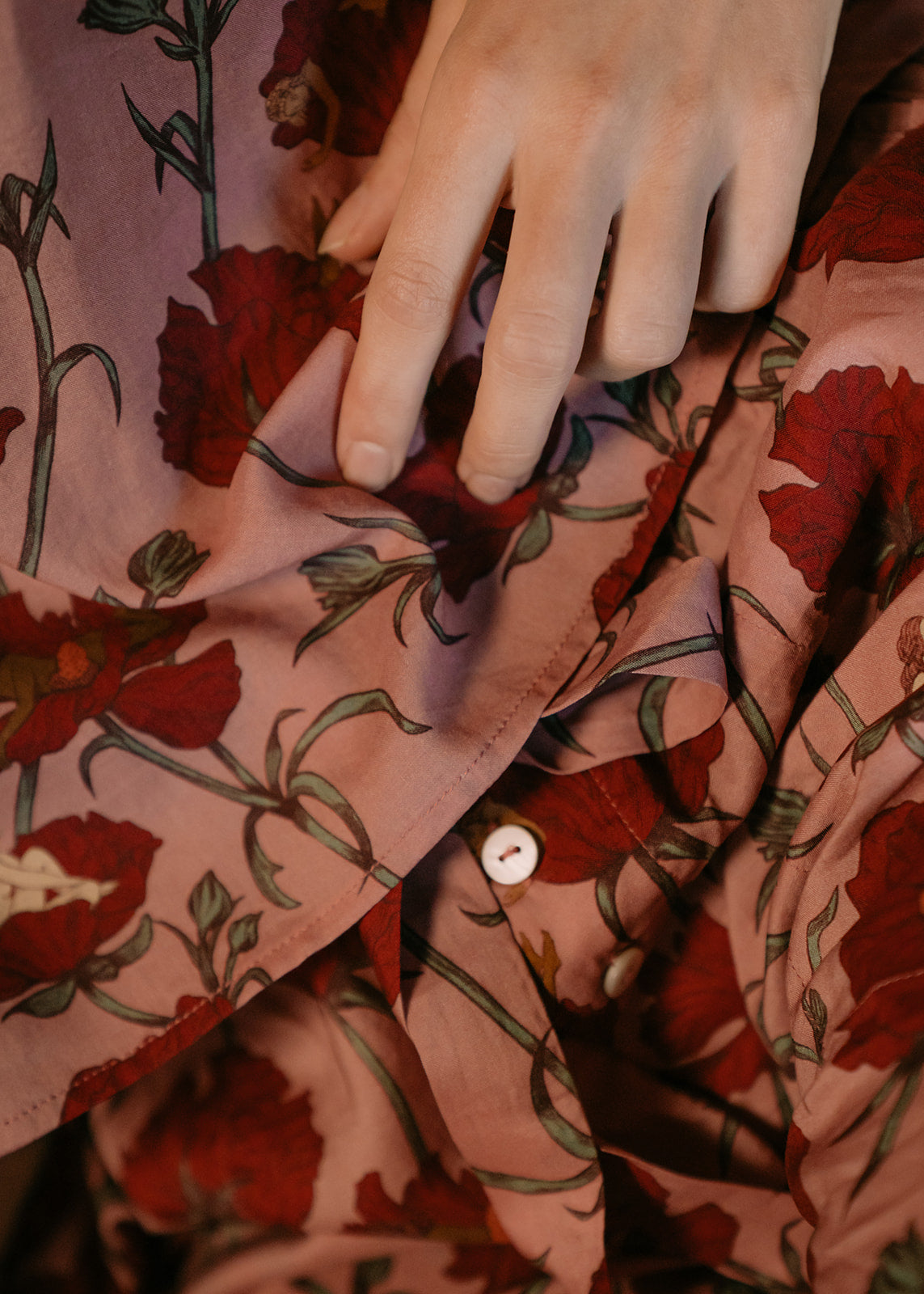our fabric
One of the many methods you can adopt to be an eco-conscious consumer is to shop clothing made with natural fibers. But did you know not all natural fabrics are created equally on the scale of eco-friendliness?
While natural fabrics are biodegradable, certain processes used to create them can be more detrimental to the environment because of the resulting pollution or wastage. This is why TBON uses a fabric called Tencel (generic name, Lyocell), which is made by breaking down celluloid fibers from sustainably harvested trees using solvents that can be recycled over and over again. These solvents are also found in the manufacturing of other types of natural fabrics but are often discarded back into the environment after use. The fibers are then spun and woven into a cloth that is 50% more absorbent than cotton.
We also digitally print our artwork onto our fabrics instead of dyeing them as the process of dyeing can involve the use of tons of water and harmful chemicals that would end up in our ecosystems.
More ways we deliver on our earth-friendly promise...
-
Natural materials
We have designed solutions to eliminate the use of non-biodegradable items on our clothing. Our buttons are cut from Mother of Pearl. Instead of using bra sliders and rings, we have converted the straps on our camisole to flirty ties.
-
Packaging
From the tissue - to the labels - to the tape - to the box: all of our packaging we ship to our consumers is 100% biodegradable and recyclable.
We also strive to use as little plastic as possible in the safe delivery of our goods from our factory to our warehouse.
-
Using wastage
Between the gaps in the pieces of fabric used to make our garments, we have inserted the patterns used to create our smaller accessories, such as our scrunchie and our eye masks, to reduce overall fabric wastage.
manufacturing
We have chosen to partner with facilities who honor safe labor practices, the freedom to unionize and fair wages - for which they are consistently evaluated through audits and certifications to maintain these conditions.
We produce in small batches to match our current demand and ensure that no garments will be going to waste.

